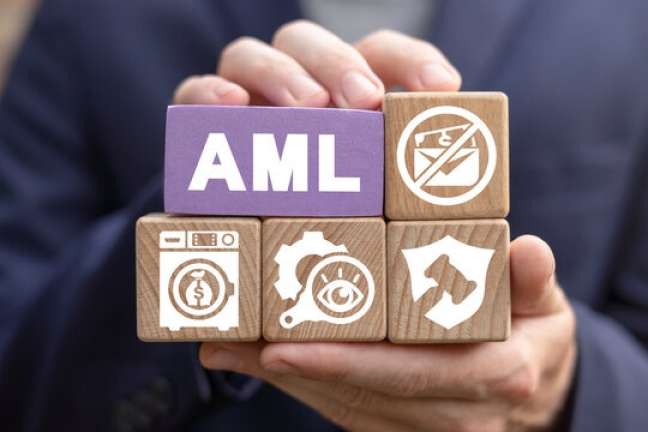There are more than 42,505 supermarkets and grocery stores in the US. Although shopping online grows more popular by the day, people still prefer to go shopping in person for groceries.
Starting a grocery store can be a wise investment for this reason. The 2018 boom of small grocery stores is still going strong, even while larger supermarkets struggle. Still, the best way to maximize your chances of success if you are planning on opening a grocery store is to know how to start the business in the right way.
Read on to know how to start a grocery store.
Starting a Grocery Store: Create a Business Plan
For every kind of business, you need to start with a business plan. It will help you narrow down your target market, your financial projections, and your business model.
In the business plan, you want to include the location of the grocery store, a cost projection of the location by considering the grocery store layout, as well as a competitive analysis of the market. You want to have a clear idea of the products you want to sell and you want to have an understanding of your target demographics.
The business plan will help you get funding, so it is essential to begin here.
Choose a Business Structure
For tax and operational purposes, you need to choose a business structure. This is how you obtain a business license and file taxes. For grocery stores, the best option is either a limited liability company (LLC) or a sole proprietorship.
To start an LLC, you have to file in accordance with state law. An LLC does offer more liability protection than a sole proprietorship.
Learn the Legal Requirements
Laws vary from state to state for grocery stores. Contact your local departments of commerce and licensing to know the regulations that apply.
Most of the time, you will need a business license, a Federal Employment Identification Number (EIN), and insurance policies in place.
Choose a Location and Suppliers
You want to find a location for your grocery store business that is near a shopping center, bakery, candy store, coffee shop, or anywhere else people congregate. You want to look at local competition and the demographics of the area before choosing.
You need a strong group of distributors to get the goods to your store. Choose whether you want to work with wholesalers or not, as well as whether you prefer to transport the items yourself or have them delivered.
Get Your Grocery Store on Its Feet
Starting a grocery store can be a lucrative adventure. It can allow you to invest in an industry that is constantly expanding and that everyone needs. By knowing what steps you need to take to get your grocery store running, the process will be faster and easier.
Get more business tips by turning to our Business page today!















